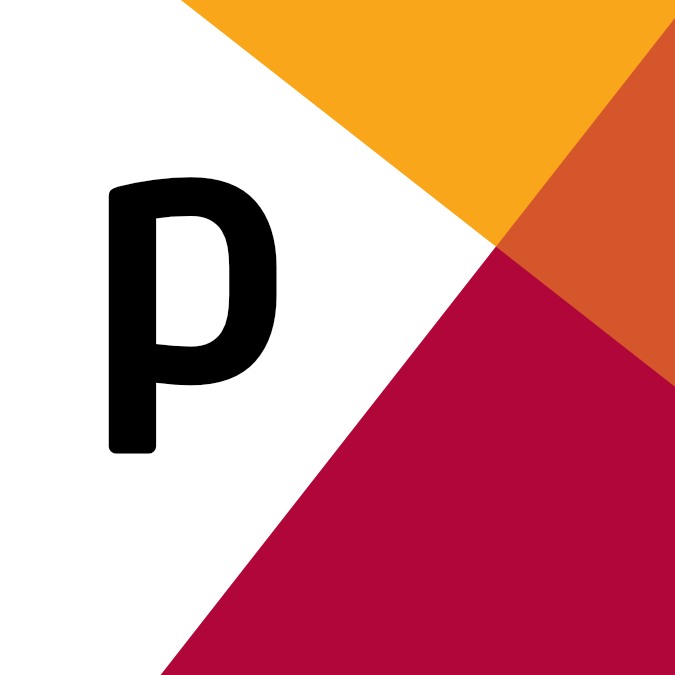Professorship for Operating Systems and Middleware
At the group Operating Systems and Middleware led by Prof. Dr. Andreas Polze, work is done "close to the metal". Firstly, new hardware trends that are to be utilized. This involves programming paradigms, design patterns and description techniques for large, distributed component systems and data centers. Part of the focus is how to measure and control energy consumption there as well. The other metal involves rails: Several projects are exploring new architectures for flexible, distributed rail control systems to control signals and switches. We examine real-time capability, fault tolerance and reliability through simulated experiments, in our laboratory, and directly on the track.
current teaching activities
current projects
current open source projects


For further projects, please refer to the OSM group on GitHub and the OSM group on GitLab.
current topics
The group's fields of research include but are not limited to the following topics.
resource management
- dynamic workload management in distributed systems
- dynamic, workload-dependent resource scaling (e.g., dynamic LPARs)
- memory optimizations for virtual machines (e.g., memory migration benchmarks)
- NUMA-aware programming with the PGASUS framework: applications, case studies, benchmarks
- architectures of future server systems
- lock-free data structures
- multi-core/NUMA
- advanced topology discovery with bandwidth and latency measurements: find shared interconnects
heterogeneous computing
- high-level programming facilities for distributed GPU computing (e.g., CloudCL)
- high-level programming facilities for FPGAs (e.g., CAPI SNAP, OpenCL)
- virtualization / containerization for GPUs or FPGAs
- FPGAs in IaaS cloud resources (e.g., Amazon F instances)
- hardware-accelerated memory-compression (e.g., DEFLATE, 842 compression)
- evaluation of integrated GPUs and APUs for latency-critical workloads (e.g., audio processing)
- new programming languages & frameworks: CAPI SNAP, Radeon Open Compute, etc.
dependability
- assessment and benchmarking
- software fault injection (network, OS, communication, etc.)
- fault tolerance through diversity
- error detection – coverage vs. complexity
- fault tolerance of service-oriented architectures
- decentralized architectures
- dependable operation
- OS-provided fault tolerance
- automation (lab, operation, assessment, etc.)
digital rail
- cybersecurity for railway
- security of railway protocols (e.g., GSM-R, ERTMS/ETCS, RaSTA, etc.)
- interaction of safety and security
- building safe and secure systems
- digital planning documents, models, formats
- digital Control Command and Signaling (CCS)
- distributed, hybrid, co-simulated tests beds
- interdisciplinary, cross-domain innovations
- technology, concept transfer
